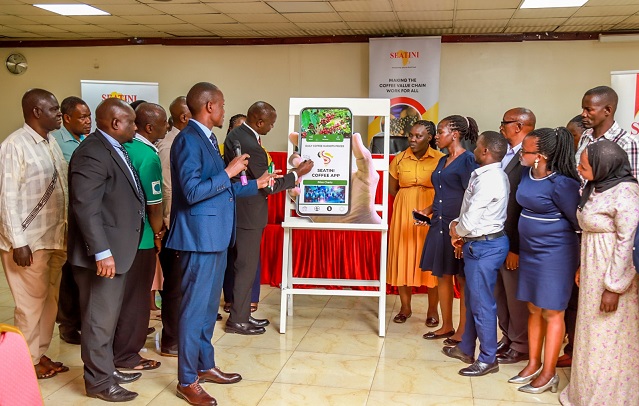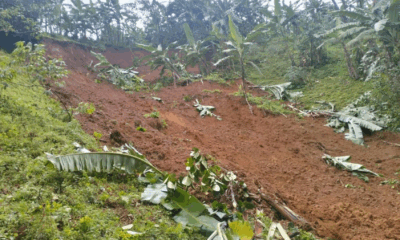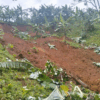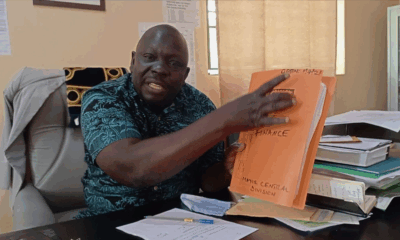Business
Stakeholders Rally for Urgent Reforms to Revive Uganda’s Coffee Sector Amid Global Shocks
Uganda’s ambition to become a global coffee powerhouse is at risk unless urgent reforms and strategic investments are made to build a more resilient and equitable coffee sector, stakeholders have warned.
The call was made during a high-level hybrid multi-stakeholder dialogue held on July 8 in Kampala, organised by SEATINI Uganda under the theme “Building a Resilient and Equitable Coffee Sector: Addressing Price Volatility and Structural Vulnerabilities.” The dialogue brought together farmers, cooperatives, government officials, academics, and private sector leaders to chart a new path forward for Uganda’s most valuable agricultural export.
Delivering the keynote address, Dr. Bohela Lunogelo, Executive Director of the Economic and Social Research Foundation (ESRF), emphasised the urgency of adopting a comprehensive approach to managing coffee price volatility. He underscored the need for investment in local processing, value addition, climate-smart agriculture, and gender-inclusive policies.
“We must strengthen farmer cooperatives, expand into fair trade markets, and promote agroforestry programmes that support sustainability,” Lunogelo noted, adding that Uganda risks losing ground if the structural weaknesses in the sector are not addressed.
Herbert Kafeero, Programmes and Communications Manager at SEATINI Uganda, urged stakeholders to rethink the country’s traditional coffee export model, which still largely revolves around exporting raw beans in 60kg bags.
“We have taken some strides, but we are not yet there. Uganda must wake up this sleeping giant,” Kafeero said, calling for greater domestic consumption and innovation in value addition.
In a move aimed at empowering value chain actors with real-time information, SEATINI also launched the SEATINI Coffee App, now available on the Google Play Store, offering farmers and cooperatives insights into market trends, prices, and sustainable farming practices.
Government officials at the event reaffirmed support for Uganda’s Coffee Roadmap, which targets the production of 20 million 60kg bags and revenue of USD 1.5 billion annually by 2030. However, many acknowledged ongoing hurdles, including high production costs, limited access to finance, inadequate extension services, and new European Union trade regulations that complicate market access.
A panel of experts emphasised the need to strengthen institutional frameworks, promote policy coherence, and invest in digital solutions that allow smallholder farmers to participate in higher-value global markets.
The dialogue concluded with a collective call for multi-sector collaboration to ensure fair pricing, climate resilience, and sustainable livelihoods for over 12 million Ugandans who depend on coffee farming.
As the world grapples with market shocks and climate uncertainties, Uganda’s coffee sector stands at a critical crossroads—one that demands bold leadership, innovation, and inclusive investment.
Comments



























